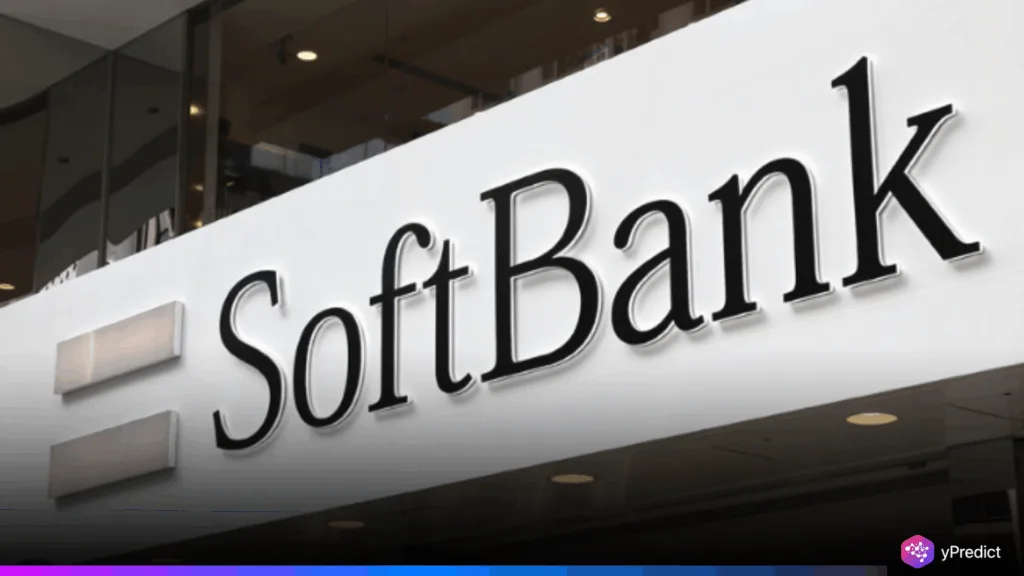
SoftBank CEO Masayoshi Son has set a bold new vision: turning SoftBank into the leading platform for artificial super intelligence (ASI) within the next decade. Speaking at the company’s annual shareholder meeting, Son described ASI as intelligence capable of outperforming humans 10,000 times. “We want to become the organizer of the industry in the artificial superintelligence era,” he told shareholders, likening his vision to tech giants like Microsoft and Google. The announcement signals SoftBank’s most ambitious AI push yet, aiming to dominate the sector in both infrastructure and investment as global competition for AI leadership intensifies.
Backing OpenAI and Ampere, SoftBank Ramps Up AI Bets
To back his vision, Son revealed that SoftBank’s investment strategy is now fully aligned with AI. The group has already committed $32 billion to OpenAI since autumn 2024, its largest ever stake in the generative AI leader behind ChatGPT. “I’m all in on OpenAI,” Son declared, expressing regret over not investing earlier. He expects OpenAI to eventually go public. In addition, SoftBank acquired U.S.-based semiconductor designer Ampere for $6.5 billion, further strengthening its AI infrastructure portfolio. These deals mark a return to Son’s high-risk, high-reward investment style after years of caution following losses in startups like WeWork.
OpenAI and Ampere will enable SoftBank to become an AI-enabler rather than an investor. The strategy of the company is based on the support of basic technologies, including chip and compute power, which are essential in the scaling of the superintelligent systems. These acquisitive strategies trace back to the early years of Son’s tech empire construction, where SoftBank was one of the first to wager large sums of money on future titans such as Alibaba. This is unlike past speculative projects where Sony seems to be interested in control of platforms to stimulate long-term artificial intelligence innovation that will lead to SoftBank being able to mold and benefit from the next epoch of artificial superintelligence.
SoftBank Uses Arm and T-Mobile Profits to Fund AI Vision
SoftBank is financing its AI ambitions using gains from recent asset sales and rising equity value. After listing British chipmaker Arm in September 2023 and watching its stock climb, SoftBank unlocked new capital. Earlier this month, it raised another $4.8 billion by selling part of its T-Mobile stake. These funds now power SoftBank’s latest investment wave. Son emphasized that the group is well-positioned to take calculated risks, even after past setbacks. The company once held a 5% stake in Nvidia, long before the AI boom, highlighting Son’s knack for identifying long-term trends, even if he exited too early.
With AI now front and center, SoftBank is leaning into its strengths: capital, infrastructure, and platform investments. Son framed this new strategy not as a gamble but as a calculated shift toward industries that will define the next era. The group’s renewed confidence comes after a difficult period in which many Vision Fund portfolio companies underperformed. Now, with a strong balance sheet and clear focus, SoftBank aims to move from a passive backer of innovation to a central architect of the AI economy. ASI, Son believes, will define global leadership, and SoftBank intends to build the rails that make it possible.
Building the Rails for Artificial Super Intelligence
Son’s roadmap is clear: SoftBank will fund and build the infrastructure that powers artificial super intelligence. With early control over chips, cloud compute, and foundation models like OpenAI’s, SoftBank aims to become an indispensable part of the global AI stack. Son called the next decade a “winner takes all” moment and pledged to ensure SoftBank is that winner. The group’s aggressive realignment around AI signals a full transformation into a future-facing platform company. While many tech firms experiment with AI, SoftBank is betting everything on it, reshaping its portfolio, capital strategy, and public identity around the race to artificial superintelligence.






